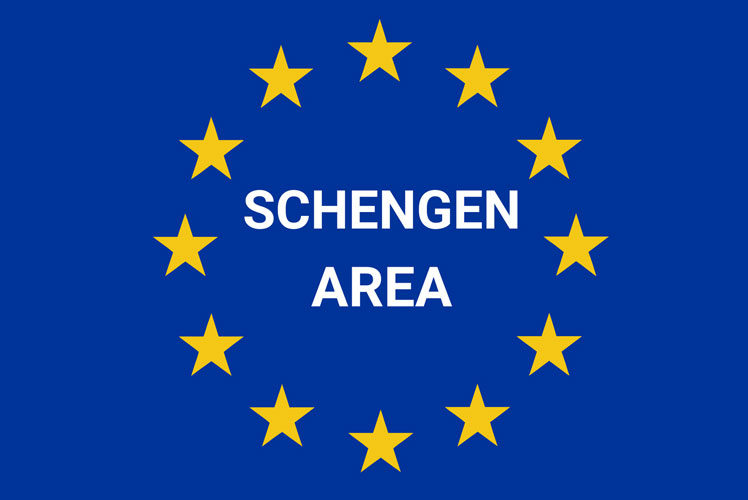What does this mean for you?
Some of the most significant changes in the Republic of Croatia’s recent history occured on January 1, 2023. Croatia transitioned from Kuna to Euro currency and Croatia’s entry into the Schengen zone. This has numerous advantages for dancers from other countries. Here’s how it will affect your arrival and stay at the festival in Croatia starting next year.
EURO replacing KUNA as the currency
Since January 1, official currency in Croatia is Euro. From this year festival contributions will be expressed in Euro and you’ll be of course able to pay everything at the festival in Euro’s.
If you might still have some leftover Kuna from previous festival years, you can still exchange them into Euros in local banks and Croatia post offices until the end of 2023.
Traveling within the Schengen zone
Border checks at land and sea borders are not required for travel between Schengen member states from January 1, while airport screening will continue until March 26, 2023.
The Schengen Area, a pact between countries to avoid passport and other types of border checks for those traveling between their territories, currently includes 23 EU member states.
Coming from Romania, Bulgaria, Cyprus and Ireland will still require border checking.
Still, make sure to bring your valid identification to the festival, cause you will need it for registering into our Association.
Procedure at the border with Serbia, Bosnia and Herzegovina, and Montenegro
Controls at external border crossings to Serbia, Bosnia and Herzegovina, and Montenegro will be stricter, but lanes for EU citizens already exist. Crowds are possible during the summer months, and Croatia has committed to expanding existing border crossings.




